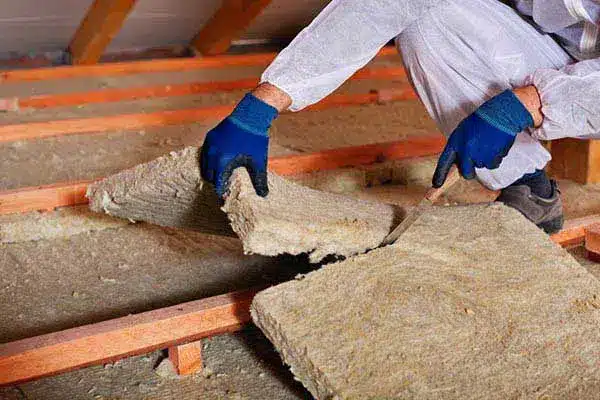Are roof repairs or a replacement the best course of action for your home?

You want to get the most value out of your roof, but you also don’t want to waste money on repairs that won’t last. Honest, dependable contractors know this is a tough balance to strike, but they help homeowners make the best decision for both their home and their bank account by looking at the seven factors below before making a recommendation.
1. Examine the Extent of Visible Exterior Damage
What’s the main problem with your roof right now? Are you missing a few shingles? Is a piece of flashing starting to buckle? A minor repair might include replacing one or two shingles that flew off in a windy storm, but if the contractor sees that all the shingles are shedding their granules and starting to crack and blister, they may not think roof repairs are the best option.
2. Determine if Past Repairs Have Been Effective
Your roofing contractor will ask you if you’ve kept your roof maintained over the years. If so, have these repairs had a positive effect and corrected the problems? If the same issue keeps recurring, spending more money on it may not be the most cost-effective solution.
When roofs have problem after problem, homeowners become less and less willing to keep spending money on a clearly declining roof.
3. Look for Code Violations
If past contractors have made errors when installing materials or making roof repairs, code violations are an immediate cause for concern. If it’s going to be overly expensive to correct these issues, a replacement may be the better option.
4. Check for Active Interior Leaks
Looking at the condition of the attic is essential, because it will reveal a lot about the health of the roof. Any active leaks, mold development or rot may sway the roofer’s opinion on what the homeowner should do.
5. Look at Insulation Quality and Effectiveness
If the roof and attic aren’t insulated well, the homeowner could be losing money every month in wasted energy costs. The contractor’s conclusion about this aspect of the roofing system will factor into their determination on the cost-effectiveness of roof repairs versus a replacement.
6. Ask About Roof Age
Roofing systems that are close to the end of their projected life spans are approached differently than roofs that still have a decade or more left to go. Make sure you know how old yours is to help your contractor have all the information they need.
7. Compare the Short and Long-Term Costs
Ultimately, the question of budget and both short and long-term cost-effectiveness is an issue only the homeowner can make a final decision about. But a quality roofing contractor will provide a detailed quote for either repairs or replacement, and give their professional opinion on which is best.
At the Roof Doctor, we take into account our client’s best interests when we are asked to make a recommendation on roof repairs or replacement. What would we do if it was our roof? We use our years of experience in the field to help you make the right decision.



